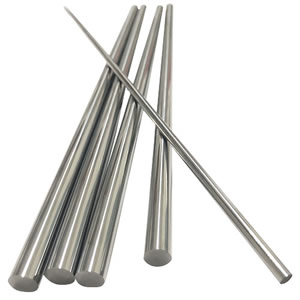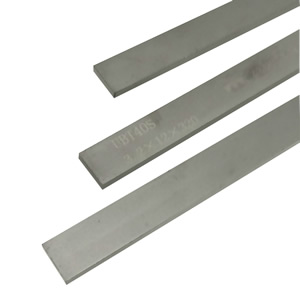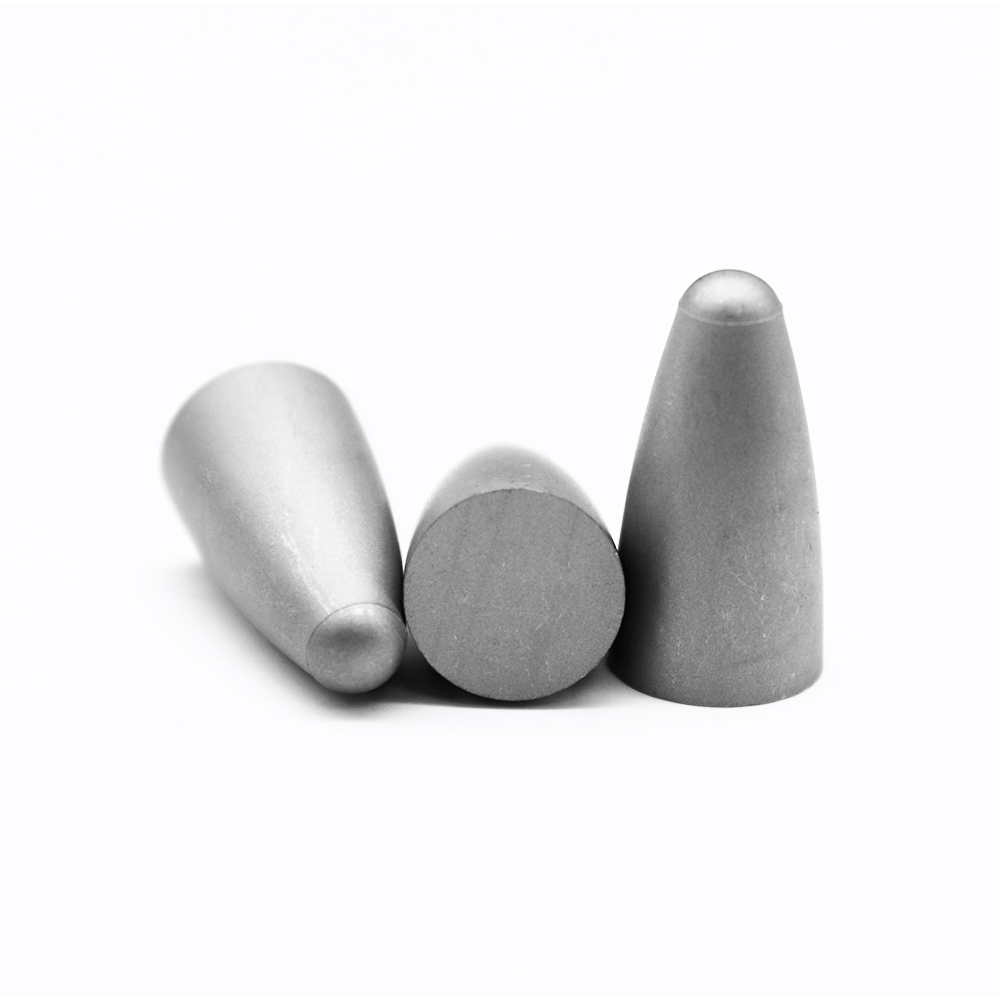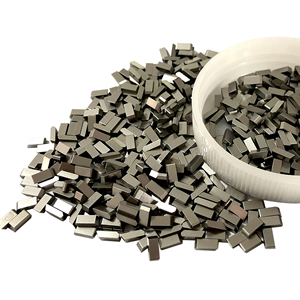The Way You Are Hurting Your End Mill
The Way You Are Hurting Your End Mill

Carbide end mills are extremely heat-resistant and used for high-speed applications on some of the hardest materials such as cast iron, non-ferrous metals, alloys, and plastics. But do you know that the service life of the milling cutter will be affected if it is not used properly? Here are some aspects you should care about.
1. Picked up the wrong coating end mill.
Carbide end mill with coatings can increase lubricity, and slow natural tool wear, while others can increase hardness and abrasion resistance. However, not all coatings are suitable for all materials, and the difference is most apparent in ferrous and non-ferrous materials. For example, an Aluminum Titanium Nitride (AlTiN) coating increases hardness and temperature resistance in ferrous materials but has a high affinity to aluminum, causing workpiece adhesion to the cutting tool. A Titanium Diboride (TiB2) coating, on the other hand, has an extremely low affinity to aluminum, prevents cutting-edge build-up and chip packing, and extends tool life.
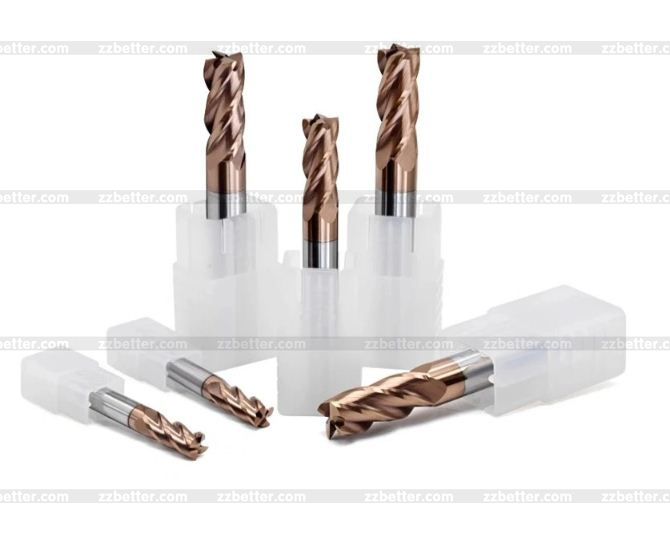
2. Using a long length of cut in the wrong way.
While a long length of cut is necessary for some jobs, especially in finishing operations, it reduces the rigidity and strength of the cutting tool. As a general rule, a tool’s length of cut should be only as long as needed to ensure that the tool retains as much of its original substrate as possible. The longer a tool’s length of the cut, the more susceptible to deflection it becomes, in turn decreasing its effective tool life and increasing the chance of fracture.
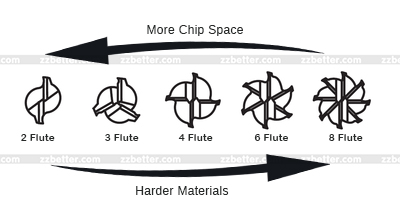
3. Choosing the wrong flute.
A tool’s flute count has a direct and notable impact on its performance and running parameters. However, high flute counts are not always better. Lower flute counts are typically used in aluminum and non-ferrous materials, partly because the softness of these materials allows more flexibility for increased metal removal rates but also because of the properties of their chips. Non-ferrous materials usually produce longer, stringier chips, and a lower flute count helps reduce chip recutting. Higher flute count tools are usually necessary for harder ferrous materials, both for their increased strength and because chip recutting is less of a concern since these materials often produce much smaller chips.
We specialize in providing you with high-quality carbide end mills and support a global fast delivery service for your order.
If you are interested in tungsten carbide end mills and want more information and details, you can CONTACT US by phone or mail at the left, or SEND US MAIL at the bottom of the page.





